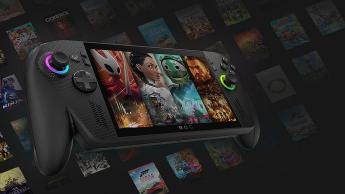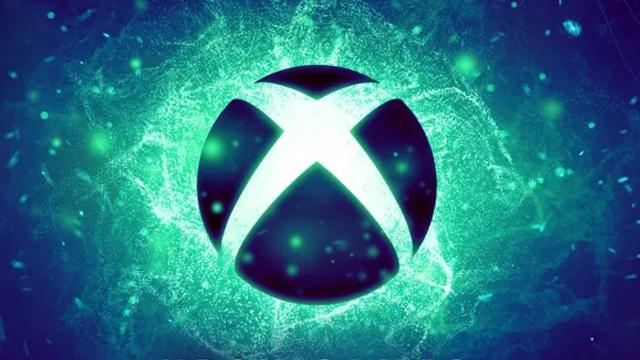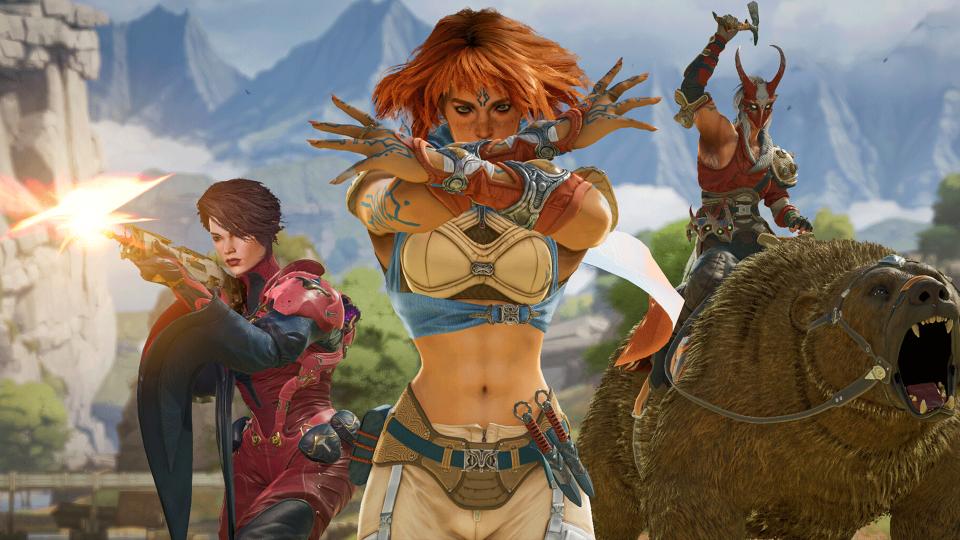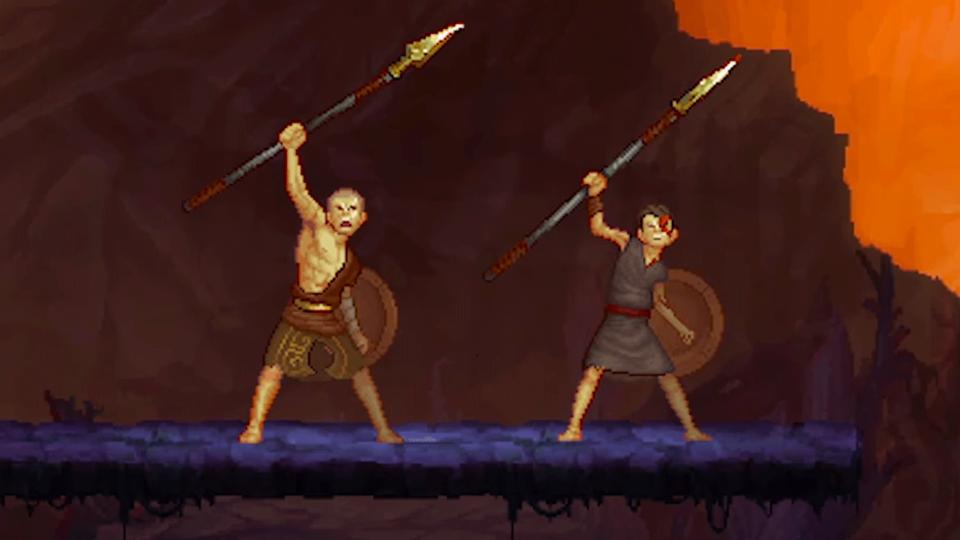The ROG Xbox Ally X has sparked discussions as it blurs the lines between a handheld PC and an Xbox console. Reviewers highlight its powerful performance and the ability to run games from various stores, including Xbox, Steam, and EA. However, compatibility issues arise with the Xbox Play Anywhere initiative, where some games like The Witcher 3 and Cyberpunk 2077 aren't available on the Xbox PC store, limiting players' access. Despite offering a console-like experience, some quirks from PC gaming remain, raising questions about its role in the Xbox ecosystem. With a performance edge over the Steam Deck and an appealing design, the ROG Xbox Ally X is seen as a versatile device, though it lacks an OLED screen and doesn’t come with certain accessories, like a case.
Is the ROG Xbox Ally X truly an Xbox handheld console?While the ROG Xbox Ally X presents itself as an Xbox device, it functions more as a powerful handheld PC that offers compatibility with various gaming ecosystems. It provides a unique blend of console-like experience and PC customization, catering to users who prioritize access to multiple game stores and formats.
Released under the Asus brand, the ROG Xbox Ally X is part of a trend toward hybrid gaming devices, leveraging the growing intersection of console and PC gaming. As gamers seek more flexible and powerful options for gameplay on-the-go, products like the ROG Xbox Ally X may reshape the landscape of handheld gaming, slotting into both PC and Xbox fans' routines while challenging the boundaries of traditional console gaming.










Comments
Honestly, this feels like the gaming equivalent of a Swiss Army knife—super versatile but you still might need the actual tools sometimes. It's cool to see hardware pushing boundaries, even if the software side is still catching up.
It's fascinating to see how manufacturers are trying to bridge the gap between console convenience and PC flexibility, though this hybrid approach still feels like it's figuring out its identity. The performance gains are impressive, but these platform compatibility quirks show we're not quite at that seamless unified experience yet.